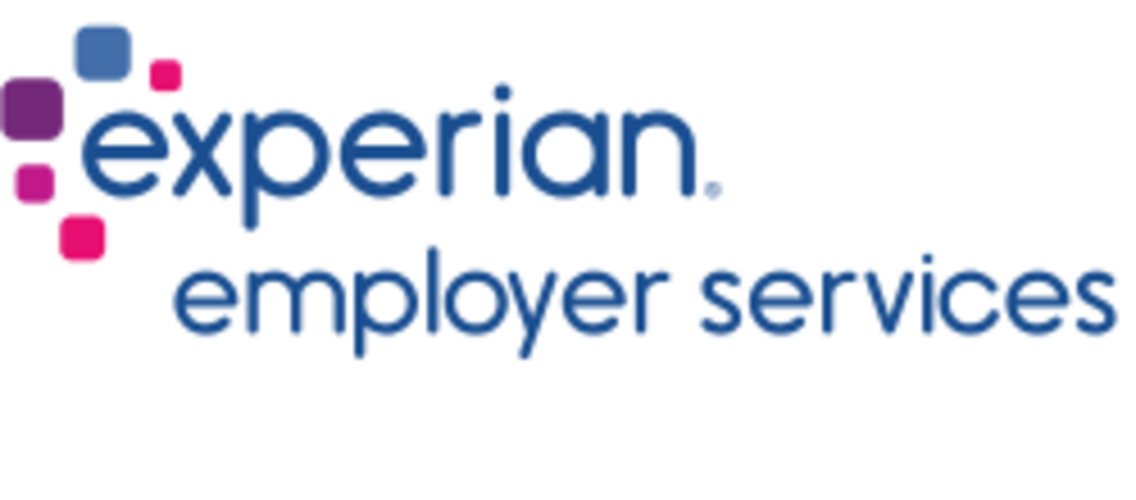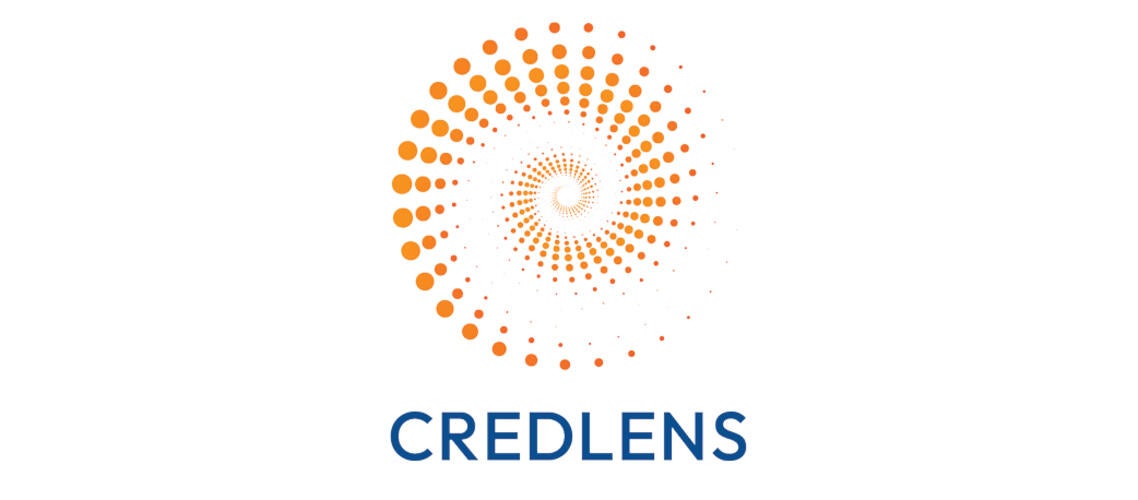Behavioral Insights: 3 Ways to Keep the Honest Person Honest
So far in 2025, the BI Beat focused on how unemployment insurance (UI) programs can reduce unintentional mistakes in benefits fillings, including those caused by confusion or stress. This month and next, we turn to intentional errors, also known as fraud. Below, we consider why the generally honest person may commit fraud and how behaviorally informed design can prevent it.
I recently left the grocery store and discovered a gallon of water under my carriage. I had forgotten to pay for it. How tempted I was to leave with it -- and how quickly justifying excuses bubbled up. I told myself:
- I shouldn’t have to pay for a natural resource.
- The supermarket builds these errors into the price.
- Nobody’s really hurt.
- Standing in line again would be too much of a hassle, not to mention embarrassing and time-consuming!
As I went back inside to pay, I imagined how much harder it would be to do the right thing if I had a real barrier, like not having enough money or having a medical emergency.
In fairness, our minds are wired for rationalization. Think about it – our brains can make one picture from two eyes, resolve disjointed sounds into music, and stitch the many moments of our day into a coherent narrative. Ralph Waldo Emerson marveled at our ability to “arrange known facts and ascribe them the same law.”
Our ability to unify, though, has a downside. With a little creative latitude, we can rationalize our actions and our ethics. In behavioral science, this tendency is known as the self-serving bias or personal motivation. UI claimants, who consider themselves honest, can file a false claim by justifying their actions as a harmless mistake or a necessary evil.
To help prevent these instances of fraud (and preserve system integrity), we can encourage people’s better instincts and thus increase honesty.
1. Give timely reminders about security.
People don’t lie if they know they will be caught. If I had noticed my gallon of water before exiting the grocery store, I would have paid. Scanners at the exits detect unpaid merchandise, and I wouldn’t have walked through them.
UI has similar electronic systems to catch fraudsters. For example, NASWA operates the Integrity Data Hub – an electronic system to validate UI claims. To prevent fraudulent claims in the first place, UI system designers should educate claimants about security measures as they submit their claims. A reminder could read: “Your reported income will be verified against tax and other electronic records. You will need to repay the state if you under-report your wages. ”
2. Make honesty the easiest path.
If a system allows people to hide dishonesty, they will—even from themselves. Certain features of the grocery store made me more likely to forget my water, such as the cart’s lower shelf being easy to forget. An unscrupulous person could easily pretend to forget it.
Where possible, UI claims forms must make honesty easy. For example, when filing for UI benefits, claimants must report their gross income for the relevant week, and claimants can frequently make “mistakes” by reporting net income or for the wrong dates.
Rather than asking for the total income amount, electronic filing forms could require specific information—such as hours worked on specific calendar dates and hourly wage—and then automatically calculate the wage for claimants. Under the microscope, claimants would be challenged to misrepresent earnings, and entering the correct information would be easiest. NASWA BI has helped states implement a simple calculator that follows these principles.
3. Highlight the social consequences.
When an honest person behaves dishonestly, they can rationalize their behavior only in their own minds; if their dishonesty is exposed, the shame becomes harder to deny. Nobody wants to be a pariah. Certainly, I would not want my picture on a grocery store’s wall of shoplifters.
In the case of UI, people may be deterred from fraud if they fear being permanently known as a fraudster. Again, a carefully crafted warning can be helpful: “The vast majority of people file for UI honestly. When fraud does happen, it is discovered thanks to our team of investigators. Those who commit fraud must repay any benefits they shouldn’t have received, along with penalties and interest.”

Tips from NASWA BI
With low-cost, easy-to-implement interventions like those described above, UI programs can keep honest people honest and save time, money, and resources. Behavioral scientists have dedicated a lot of effort to helping governments and industries encourage honesty, in everything from tax compliance to auto insurance fraud.
A recent synthesis helped organize honesty-related interventions researchers have attempted, but and the effectiveness of the interventions varies based on the situation. NASWA BI can help your team design and test the most effective interventions for your workforce agency’s situation.
Reach out to NASWA BI at integrity@naswa.org to learn how to safeguard your systems.





























